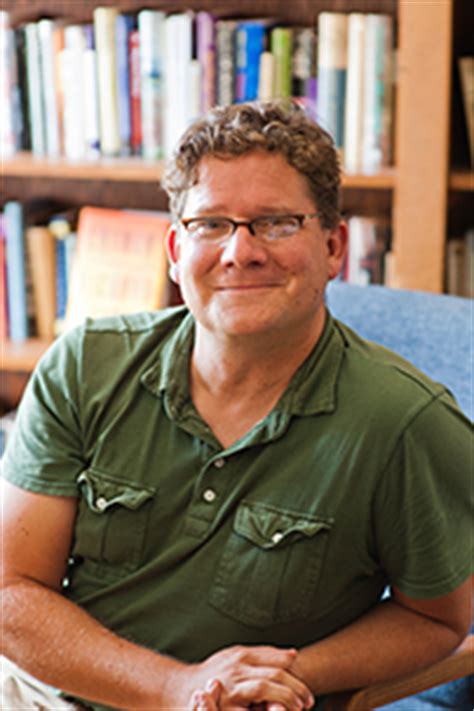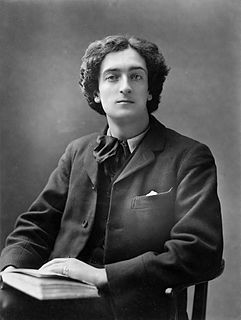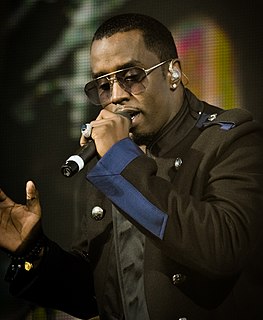A Quote by David Dark
Religion isn't best understood primarily as a collection of beliefs held by backward people with fear and trembling for most of human history (religion as brainwash). It is rather, among other things, a scriptorium of beleaguered witness, a record of collated information, both fragmentary and sometimes systematic, with which we may feel compelled to reckon as it somehow, across history, reckons with us, an inheritance, if you like, of difficult wisdom.
Quote Topics
Related Quotes
the leading error of the human mind, - the bane of human happiness - the perverter of human virtue ... is Religion - that dark coinage of trembling ignorance! It is Religion - that poisoner of human felicity! It is Religion - that blind guide of human reason! It is Religion - that dethroner of human virtue! which lies at the root of all the evil and all the misery that pervade the world!
The history of governmentally established religion, both in England and in this country, showed that whenever government had allied itself with one particular form of religion, the inevitable result had been that it had incurred the hatred, disrespect and even contempt of those who held contrary beliefs.
In all modern history, interference with science in the supposed interest of religion, no matter how conscientious such interference may have been, has resulted in the direst evils both to religion and to science, and invariably; and, on the other hand, all untrammelled scientific investigation, no matter how dangerous to religion some of its stages may have seemed for the time to be, has invariably resulted in the highest good both of religion and of science.
History does not record anywhere at any time a religion that has any rational basis. Religion is a crutch for people not strong enough to stand up to the unknown without help. But, like dandruff, most people do have a religion and spend time and money on it and seem to derive considerable pleasure from fiddling with it.
It is difficult to generalize about Islam. To begin with, the word itself is commonly used with two related but distinct meanings, as the equivalents both of Christianity, and Christendom. In the one sense, it denotes a religion, as system of beliefs and worship; in the other, the civilization that grew up and flourished under the aegis of that religion. The word Islam thus denotes more than fourteen centuries of history, a billion and a third people, and a religious and cultural tradition of enormous diversity.
The human psyche has two great sicknesses: the urge to carry vendetta across generations, and the tendency to fasten group labels on people rather than see them as individuals. Abrahamic religion gives strong sanction to both-and mixes explosively with both. Only the willfully blind could fail to implicate the divisive force of religion in most, if not all, of the violent enmities in the world today.
If the world were to end tomorrow and we could choose to save only one thing as the explanation and memorial to who we were, then we couldn't do better than the Natural History Museum, although it wouldn't contain a single human. The systematic Linnean order, the vast inquisitiveness and range of collated knowledge and beauty would tell all that is the best of us.
All who contribute to the overthrow of religion, or to the ruin of kingdoms and commonwealths, all who are foes to letters and to the arts which confer honour and benefit on the human race (among whom I reckon the impious, the cruel, the ignorant, the indolent, the base and the worthless), are held in infamy and detestation.
The religion of art, like the religion of politics, was born from the ruins of Christianity. Art inherited from the old religion the power of consecrating things and endowing them with a sort of eternity; museums are our temples, and the objects displayed in them are beyond history. Politics--or more precisely, Revolution--co-opted the other function of religion: changing human beings and society. Art was an asceticism, a spiritual heroism; Revolution was the construction of a universal church.
The study of history is the best medicine for a sick mind; for in history you have a record of the infinite variety of human experience plainly set out for all to see; and in that record you can find yourself and your country both examples and warnings; fine things to take as models, base things rotten through and through, to avoid.






































